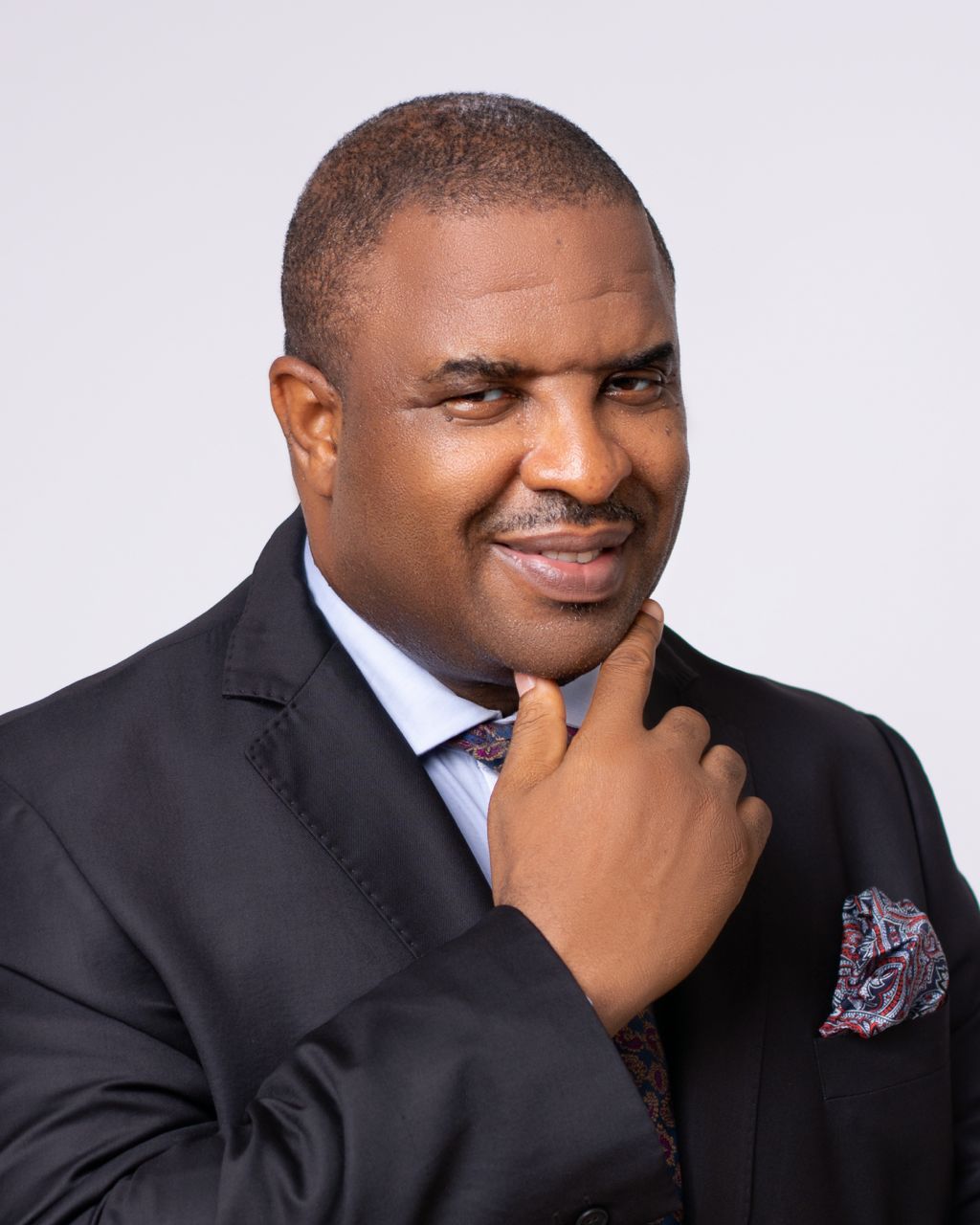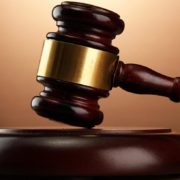Court Reserves Judgement in Tobenna Erojikwe’s Lawsuit Challenging Refusal of NBA to Release Materials to Conduct Audit Despite Constitutional Obligations

Lawyard is a legal media and services platform that provides…
The High Court of the Federal Capital Territory (FCT) has reserved judgement in a suit seeking to compel the Nigerian Bar Association (NBA) to provide access to materials used in conducting its July 2024 National Officers Elections. The case, filed by presidential candidate Tobenna Erojikwe, challenges the Electoral Committee’s refusal to release election materials as mandated by the NBA Constitution.
The suit, numbered FCT/HC/4393/2024: Mr. Tobenna Erojikwe v Incorporated Trustees of the NBA; Mr. Oluseun Abimbola SAN; and Electionbuddy Inc, was heard on 12th September 2024 by Justice C.O. Agashiezi. The proceedings included consideration of three preliminary objections filed by the defendants.
According to an update released by Erojikwe dated 15th October 2024, the NBA’s objection centres on his “alleged failure to exhaust the internal remedies provided by the Constitution,” while the other defendants raised issues regarding “alleged non-compliance with the legal requirements for serving the 3rd Defendant outside Nigeria.”
The legal action follows what Erojikwe describes as systematic non-compliance with constitutional provisions in the aftermath of the July 2024 NBA National Officers Elections. The controversy began when the Electoral Committee of the Nigerian Bar Association (ECNBA) not only refused to comply with constitutional requirements but also actively prevented third-party access to electoral materials. As Erojikwe states, “The ECNBA refuse to comply with the Constitution, it also directed Electionbuddy Inc., whose platform was used to conduct the Election, to decline releasing the electoral materials to me.”
The situation was further complicated by allegations of bias within the National Officers’ Election Appeal Committee. Erojikwe provided evidence of apparent partisanship, particularly highlighting the actions of the Committee’s Chairman, Mr. Usman Sule, SAN, who had publicly “issued a statement commending and congratulating the leadership of NBA ‘for being steadfast for the emergence of the people’s President’.” The Chairman characterised the elections as “historic”, “epochal” and “the freest and fairest NBA General Election”.
In response to these displays of apparent bias, Erojikwe formally requested recusal: “Having publicly expressed such partisan opinion over the conduct of the Elections, I wrote to the Appeal Committee and copied the immediate past President of the NBA, asking that the Chairman and members of the Appeal Committee recuse themselves and that a new and independent committee be set up to determine my petition.” However, he reports that “neither the immediate past President of the NBA nor the Appeal Committee reacted to my letter.”
The matter took an unexpected turn when Erojikwe discovered through court proceedings that the Appeal Committee had reached a decision without his knowledge. His update reveals: “It was in a Further and Better Affidavit filed in that suit on 10th September, 2024, by Mr. Abdul Mohammed, SAN, on behalf of the NBA, that I first saw what was called the ‘Report of the Nigerian Bar Association National Officers Election Appeal Committee’ dated 26th August, 2024.”
At the core of Erojikwe’s petition are specific provisions of the NBA Constitution’s Second Schedule, Part II, Paragraph 8, which mandates the ECNBA to “establish a system that allows interested parties to access, in a timely manner, all critical information, documents, and databases used in an Elections process.” The Constitution further requires the ECNBA to “make freely available and in a timely manner the information on which each decision was based.”
The Appeal Committee’s handling of the petition has raised significant procedural concerns. As Erojikwe notes, “The Committee at the only sitting it had refused to hear evidence but rather stated that it was’merely a fact-finding Committee’. It proceeded to conduct its activities clandestinely, leading up to the secret Report that was sent to the President of the NBA.”
As the legal community awaits Justice Agashiezi’s ruling, this case has drawn attention for its potential implications on electoral transparency and institutional accountability within Nigeria’s premier legal association. The outcome could establish important precedents for handling electoral disputes within the NBA in the future.
Lawyard is a legal media and services platform that provides enlightenment and access to legal services to members of the public (individuals and businesses) while also availing lawyers of needed information on new trends and resources in various areas of practice.












